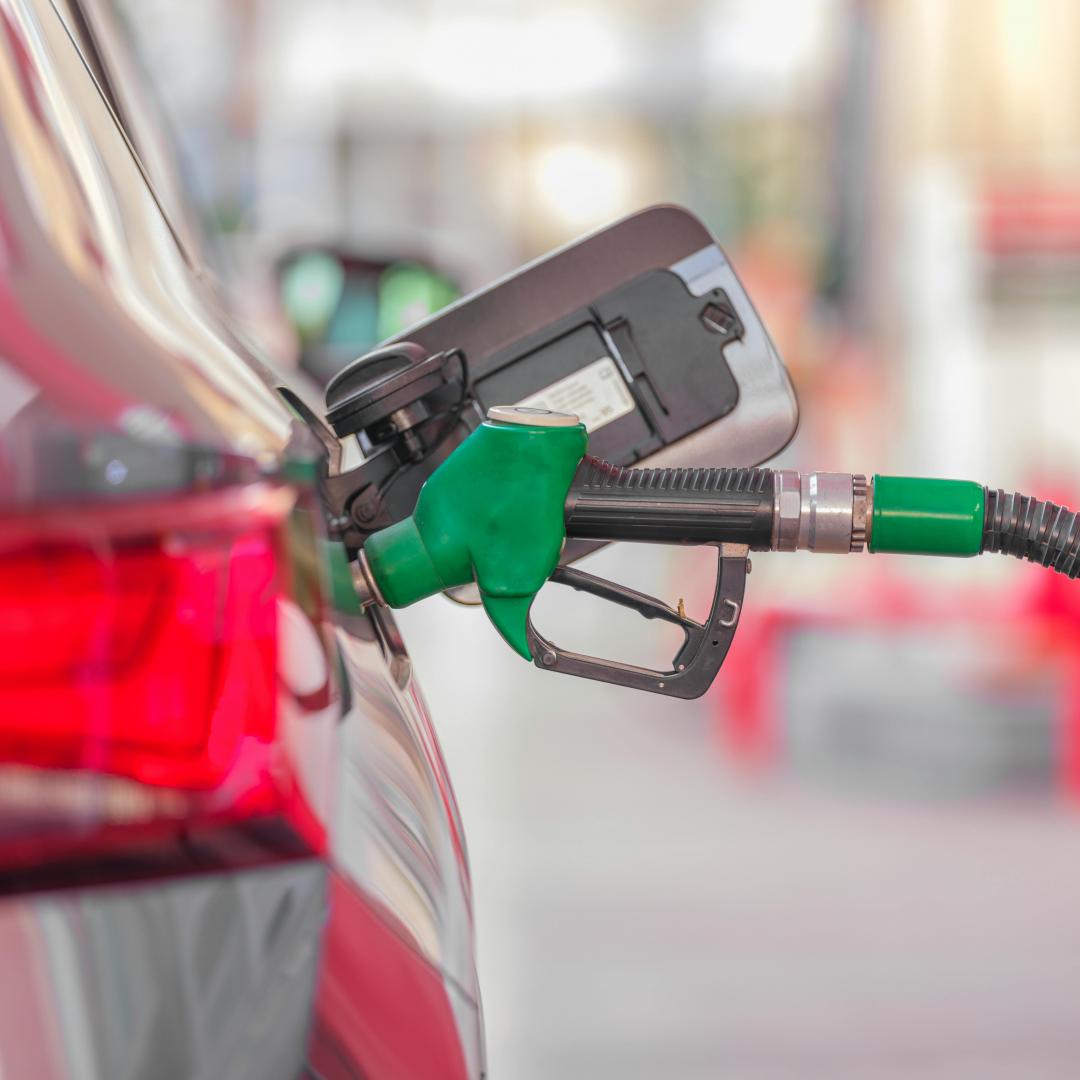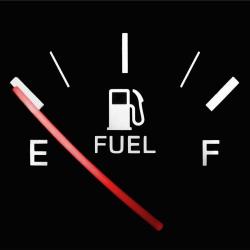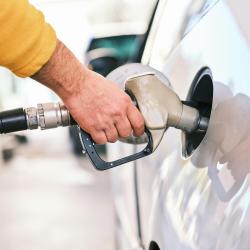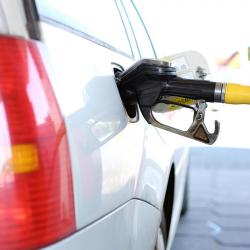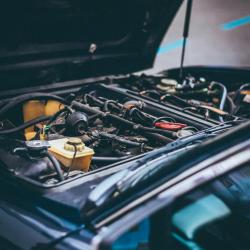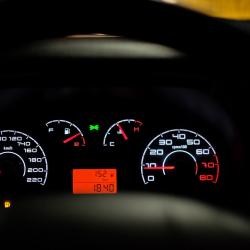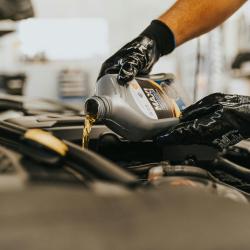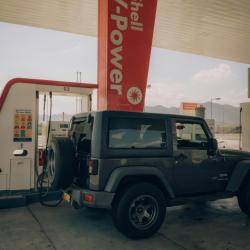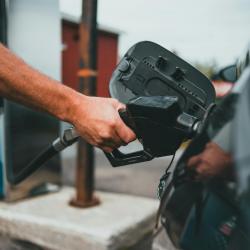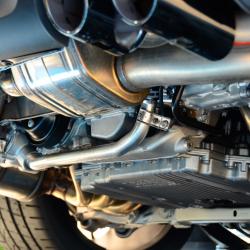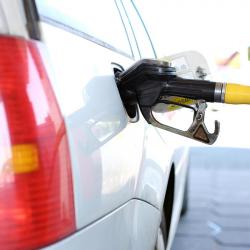How to Maintain Your Car for Optimal Fuel Efficiency
Maintaining your car for optimal fuel efficiency is not just an economic necessity but also an environmental responsibility. Fuel efficiency not only saves you money at the pump, but it also reduces your carbon footprint, making it a win-win situation for you and the planet. Here are some practical tips to help you maintain your car for optimal fuel efficiency.
1. Regular Maintenance
Routine maintenance is the foundation of fuel efficiency. Regularly servicing your vehicle ensures that it runs smoothly and efficiently. Key components to focus on include:
- Oil Changes: Regular oil changes reduce friction in the engine, allowing it to operate more efficiently. Use the recommended grade of motor oil for your vehicle.
- Air Filters: A clean air filter allows the engine to breathe properly, improving fuel combustion. Check and replace your air filter as needed.
- Spark Plugs: Worn-out spark plugs can decrease fuel efficiency. Replace them according to the manufacturer's recommendations.
2. Tire Care
Tires are a critical factor in fuel efficiency. Properly inflated tires reduce rolling resistance, which can improve gas mileage. To maintain optimal fuel efficiency:
- Check Tire Pressure: Keep your tires inflated to the recommended pressure, as under-inflated tires can increase fuel consumption.
- Wheel Alignment: Misaligned wheels can cause uneven tire wear and increase resistance, negatively affecting fuel economy. Regularly check and adjust wheel alignment.
3. Mindful Driving Habits
Driving habits play a significant role in fuel consumption. Small changes can make a big difference:
- Smooth Acceleration and Braking: Avoid rapid acceleration and hard braking. Smooth driving conserves fuel and reduces wear and tear.
- Observe Speed Limits: Driving at high speeds increases fuel consumption. Adhere to speed limits to maintain efficiency.
- Reduce Idling: Turn off the engine if you anticipate being stationary for long periods, as idling consumes fuel unnecessarily.
4. Reduce Weight and Drag
Additional weight and drag can decrease fuel efficiency. To mitigate this:
- Remove Excess Weight: Clear out unnecessary items from your car, especially heavy ones. Every extra pound affects fuel consumption.
- Streamline the Vehicle: Remove roof racks or carriers when not in use to reduce aerodynamic drag.
5. Use Technology to Your Advantage
Modern vehicles are equipped with technology designed to enhance fuel efficiency:
- Cruise Control: Use cruise control on highways to maintain a consistent speed and improve fuel economy.
- Eco Modes: If your car has an eco mode, use it to optimize engine performance for fuel savings.
6. Plan Your Trips
Efficient trip planning can reduce fuel consumption:
- Combine Errands: Plan your trips to combine errands and reduce unnecessary driving.
- Avoid Traffic: Use navigation apps to avoid congested routes, as stop-and-go traffic increases fuel usage.
7. Keep the Fuel System Clean
A clean fuel system ensures that fuel is utilized efficiently:
- Use Fuel Additives: Periodically use fuel additives to clean fuel injectors and keep the fuel system in good condition.
- Regularly Inspect Fuel Cap: Ensure the fuel cap is secure and in good condition to prevent fuel evaporation.
Conclusion
By adopting these habits and practices, you can maintain your car for optimal fuel efficiency, saving money and reducing environmental impact. Regular maintenance, mindful driving, and strategic planning all contribute to a more efficient and sustainable vehicle operation. As a responsible driver, you have the power to make a positive difference for both your wallet and the environment.
